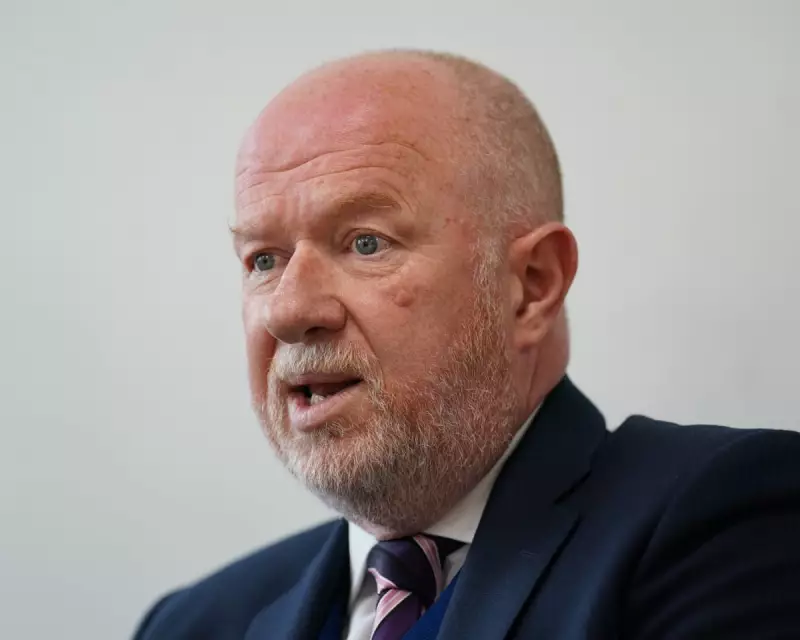
In a dramatic intervention that could reshape British policing, the chief inspector of constabulary has demanded police immediately stop recording so-called 'non-crime hate incidents', warning the practice poses a grave threat to free speech and public confidence.
Landmark Statement Puts Liberty First
Andy Cooke, the head of HM Inspectorate of Constabulary, declared that officers should only log incidents where actual criminality is evident. His powerful statement comes amid growing concerns that recording non-criminal expressions as 'hate incidents' creates a chilling effect on free expression and unfairly taints individuals' records.
What Are Non-Crime Hate Incidents?
These controversial records involve incidents perceived to be motivated by hostility or prejudice based on race, religion, sexual orientation, disability, or transgender identity—but which do not constitute criminal offences. Despite lacking criminal evidence, these reports remain on police databases, potentially appearing in background checks.
The Chilling Effect on Free Speech
Cooke emphasised that while protecting vulnerable communities remains paramount, the current approach has created unintended consequences: "The recording of non-crime hate incidents… is undermining free speech, is undermining confidence in the police". He warned that people are becoming afraid to express legitimate views for fear of being logged by police.
Legal Challenges and Public Backlash
The practice faced massive scrutiny after the landmark case of Harry Miller, a former police officer who challenged Humberside Police's decision to record his gender-critical tweets as a hate incident. The Court of Appeal ultimately ruled that the policy unlawfully interfered with free speech.
Despite updated College of Policing guidance requiring a higher threshold of 'abusive or insulting' behaviour before recording, implementation remains inconsistent across forces, creating a postcode lottery for free expression.
A Call for Common Sense Policing
Cooke's intervention signals a significant shift toward balancing community protection with fundamental liberties. He stressed that police must focus on actual criminal acts rather than perceived offences, stating clearly: "The police should not be getting involved in that… it's not a crime."
This development represents a crucial moment for civil liberties in Britain, potentially ending a practice that has seen thousands of lawful citizens recorded in police databases for expressing legal opinions.





